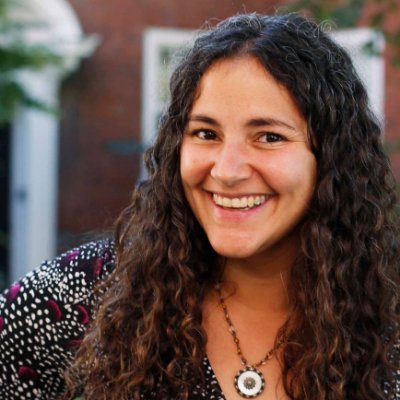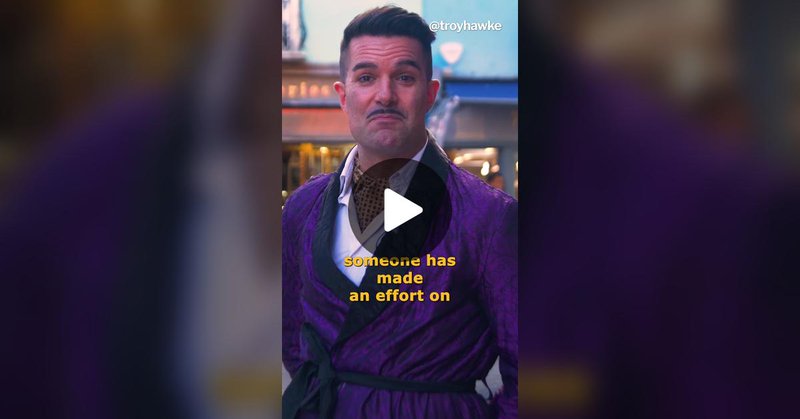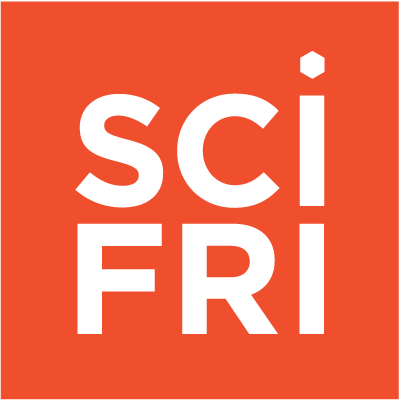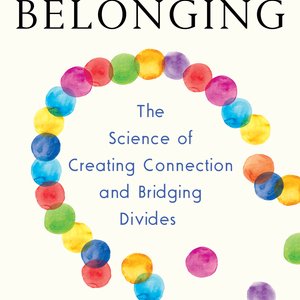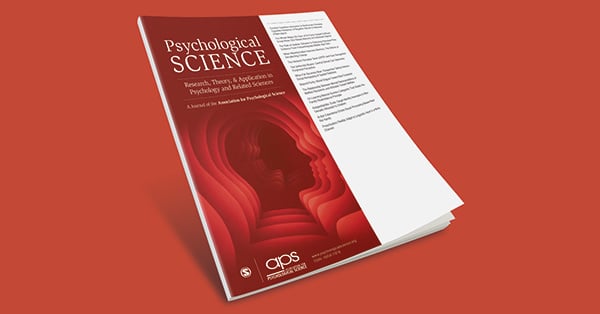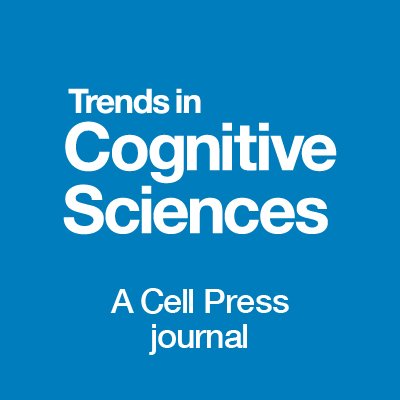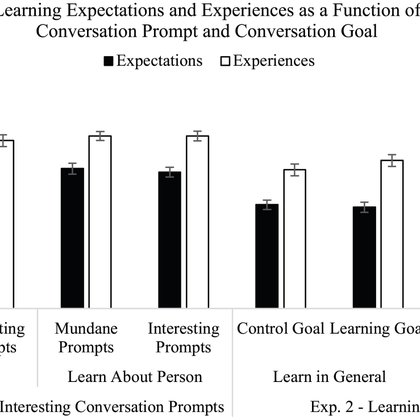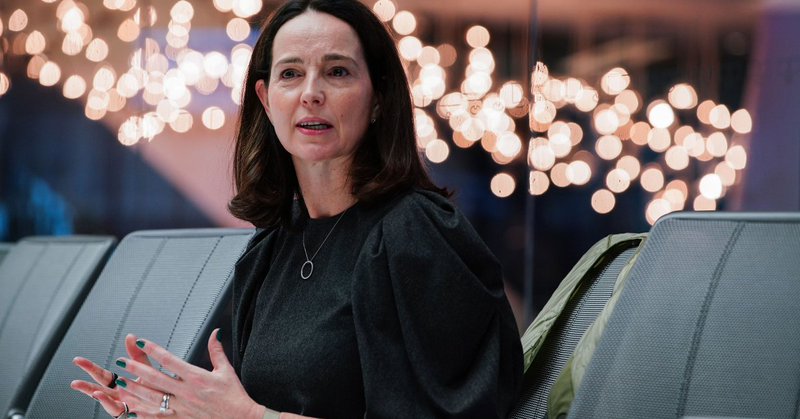
Xuan Zhao
@drxuanzhao
Followers
514
Following
683
Media
8
Statuses
201
Co-Founder of Flourish Science. Behavioral Scientist @StanfordSPARQ. Curious about social connection, wellbeing, social media, empathy, robots, AI, and birds.
Joined October 2015
This week, The Happiness Lab launches our new season on Connecting Better: https://t.co/LK3GUdaY7v. This week, I chat w/@drxuanzhao about the science of compliments + @TroyHawke gives me some tips on how to compliment better. Check out Troy's work here: https://t.co/gZPEp3GIqD
tiktok.com
1.1M likes, 4066 comments. “Complimenting strangers in Notting Hill. Try it for yourself with Compliments on @Bumble”
1
7
36
Loneliness is on the rise, yet people remain reluctant to connect with strangers. Why, and what can we do? A new piece I wrote with @drxuanzhao and @tweetsbymidge for Current Opinion in Psychology. https://t.co/soFgAgdVGe
0
3
11
Do you feel awkward asking for help? It's a common reaction but that impulse may be mistaken. @drxuanzhao stopped by @scifri to discuss her research with @chicagobooth's Nick Epley.
sciencefriday.com
It’s easy to worry about inconveniencing others, but research shows people are often quite willing to help others.
0
5
5
💭 Do you worry about inconveniencing others before asking for help? On #SciFriLive📻, @drxuanzhao shares research that found people are more willing to lend a hand than we might think. And how both asker and helper often walk away feeling happier. https://t.co/tOlbDr4k3J
2
2
8
Asking for help can be hard—but you're probably underestimating how willing people are to lend a hand. New research from @StanfordSPARQ scientist @drxuanzhao ⬇️
nytimes.com
Asking for help can be hard, but new research suggests we underestimate how willing people are to lend a hand.
1
16
48
Facsinating study suggests many of us underestimate how willing—even happy!—others are to lend a helping hand. by @drxuanzhao @StanfordSPARQn & Nicholas Epley @CDR_Booth in @PsychScience
https://t.co/D0MLv54eTx
nytimes.com
Asking for help can be hard, but new research suggests we underestimate how willing people are to lend a hand.
1
5
8
Today, I'm excited to announce the publication of my new book, Belonging: The Science of Creating Connection and Bridging Divides. https://t.co/SilnqDkt51
wwnorton.com
Finalist for The Next Big Idea Bookclub • Behavioral Scientist and Greater Good Society Book of the Year Selection 'This is perhaps the richest book on belonging you’ll ever read.…The inspiration one...
8
39
206
Across 6 experiments (e.g., live interactions in field & lab), we found those in need of help tend to underestimate how willing and motivated others are to help and how positive helpers feel afterwards. Putting a prosocial lens (back) to why people help!
journals.sagepub.com
Performing acts of kindness increases well-being, yet people can be reluctant to ask for help that would enable others’ kindness. We suggest that people may be ...
1
15
45
Asking for help can trigger a moment of kindness and social connection, but why do we often struggle to ask? Excited to share my paper w/ Nicholas Epley at @CDR_Booth in @PsychScience! In short, we can create barriers in our own minds that make it harder for us to ask for help
2
18
98
Why do people hesitate to ask for help? SPARQ Research Scientist @drxuanzhao explains although we often assume others will reject our requests, people are not only willing, but are often even happy, to provide a helping hand. Learn more here:
0
5
9
Should you say businessperson or businesswoman? New piece out in TICS!
Girlboss? Highlighting versus downplaying gender through language 'Science & Society' article by @AtirStav 50 days free access: https://t.co/WshKCM7IKU
0
6
26
We find that people consistently underestimate how much they would learn from conversations. New paper out in PNAS! https://t.co/fobirWwjkb
pnas.org
A meaningful amount of people’s knowledge comes from their conversations with others. The amount people expect to learn predicts their interest in ...
6
51
300
Our partner @Nextdoor has been named one of @TIME’s 100 Most Influential Companies of 2022. The list highlights the app’s Kindness Reminder, a feature informed by SPARQ Co-Director Jennifer Eberhardt’s work detecting and disrupting racial bias. https://t.co/yHmGSf3a8x
time.com
Find out why Nextdoor is on the list
0
1
6
Sharing this amazing (and paid) summer research opportunity for undergrads at SPARQ!
We're hiring full-time interns for our SPARQ Summer Research Opportunity about race and media. Please RT and share with any undergraduates or college graduates who would be a good fit! https://t.co/zQzkrJW3Hv
0
0
2
We're hiring full-time interns for our SPARQ Summer Research Opportunity about race and media. Please RT and share with any undergraduates or college graduates who would be a good fit! https://t.co/zQzkrJW3Hv
0
8
10
Our new paper, “Computational Ethics”, is out now in @TrendsCognSci! @EdmondAwad and I spearheaded this collaboration of 20 authors across 8+ disciplines, arguing that the study of machine ethics and human ethics should be in dynamic exchange. https://t.co/fGRSUFp8lF 1/
2
38
114
These findings surprised us and led us to see the limitation of the "uncanny valley" hypothesis and the mind perception approach. Check out our new paper at Cognition!
In 2016, my PhD advisor (Bertram Malle) and I found that people were more likely to take the visual perspective of a human than a robot. That paper has been cited a few dozen times. But we were wrong. It really depends on how human-looking the robot is.
0
1
5
In 2016, my PhD advisor (Bertram Malle) and I found that people were more likely to take the visual perspective of a human than a robot. That paper has been cited a few dozen times. But we were wrong. It really depends on how human-looking the robot is.
0
2
8
Undersociality: miscalibrated social cognition can inhibit social connection By Nicholas Epley, Michael Kardas, @drxuanzhao, @AtirStav, @J_R_Schroeder 50-day free access: https://t.co/44pxIgaA5e
0
5
19
Connecting with other people increases well-being, but people may be reluctant to reach out and connect. Why? Check out our new review paper (w/Nick Epley, Mike Kardas @AtirStav @J_R_Schroeder) in Trends in Cognitive Science @ElsevierConnect @CDR_Booth!
0
15
56
